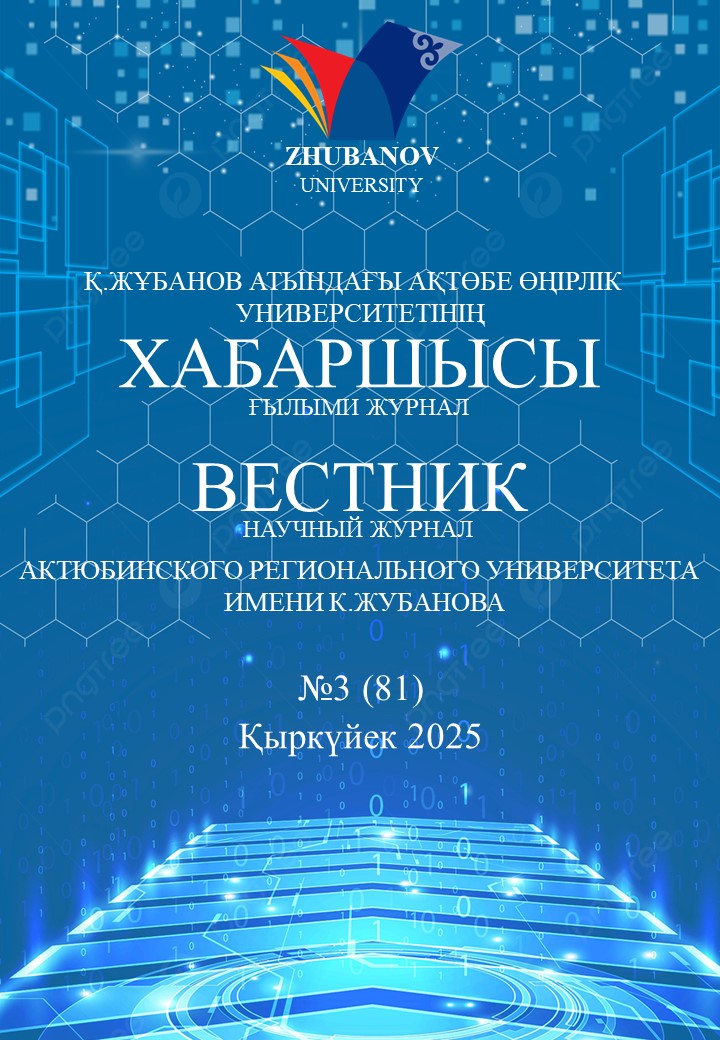After the Covid-19 pandemic, when students and schoolchildren were taught remotely, they experienced difficulties with critical thinking. Critical thinking is an essential skill for the natural sciences. With the integration of artificial intelligence (AI) technologies into various fields, higher education institutions have developed different AI capabilities to modernize intellectual computations and teaching. However, how to fully utilize AI capabilities to increase students' awareness of learning effectiveness remains unclear. This article compares the use of the Deepseek AI system in teaching physics to 8th-grade students in 2023 without an AI system and its use with 9th-grade students in 2025. Specifically, it investigates causal relationships between AI capabilities, overall self-efficacy, motivation, and knowledge of critical thinking [1]. The purpose of the study is to determine to what extent AI tools help or hinder the development of students' critical thinking skills. The rapid technological development of the 21st century has brought new opportunities and challenges to the field of education. Among them, AI technologies are one of the key innovations aimed at fundamentally transforming the educational process. AI-based digital assistants provide students with personalized learning materials, efficient management of the learning process, and accelerated knowledge acquisition. This contributes to increased motivation among schoolchildren and improves the quality of education. However, opinions about the impact of AI on the development of critical thinking are divided. On one hand, AI is believed to help students analyze information deeply and enhance independent decision-making skills, while on the other hand, it may weaken students' ability to think independently and lead to technological dependency. This issue is extremely important and relevant for the modern education system. Therefore, this article examines the influence of AI assistants on students' critical thinking skills in the educational process.
MARAT S.S.
1st year master's student «7M01502-Physics», Aktobe Regional University named after K. Zhubanov, Aktobe, Kazakhstan.
E-mail: salamat.marat@mail.ru, https://orcid.org/0009-0002-7336-8220
BEKESHEV A.Z.
Candidate of physical and mathematical sciences, associate professor, Aktobe Regional University named after K. Zhubanov, Aktobe, Kazakhstan.
E-mail: amirbek2401@gmail.com, https://orcid.org/0000-0002-7038-4631
- Jia X.-H., Tu J.-C. Towards a new conceptual model of AI-enhanced learning for college students: The roles of artificial intelligence capabilities, general self-efficacy, learning motivation, and critical thinking awareness / Amsterdam: Elsevier / Systems. – 2024. – Vol. 12. – No. 74. –, 2024. DOI: https://doi.org/10.3390/systems12030074
- Халперн Д. Психология критического мышления. / Москва: Питер, 2007. – 512 с.
- Баймұхамедов М.Ф., Баймұхамедова А.М., Боранбаев С.Н. Жасанды интеллект: қазіргі заманғы теория және тәжірибе 2-бөлім /– Алматы: Қазақ университеті, 2020. – 230 б.
- Russell S., Norvig P. Artificial Intelligence: A Modern Approach / 4th ed. – New Jersey: Pearson, 2021. – 1152 р.
- Miao F., Holmes W., Huang R., Zhang H. AI and education: guidance for policy-makers/ Paris: UNESCO, 2021. – 134 p.
- Halpern D.F. Thought and knowledge: An introduction to critical thinking. / 5th ed. – New York: Psychology Press, 2014. – 520 p.
- Шарипхазина Ж. Оқу мен жазу дағдылары арқылы сыни тұрғыдан ойлауды дамыту. / Алматы: Қазақ университеті, 2022. – 160 б.
- Holmes W., Bialik M., Fadel C. Artificial Intelligence in Education: Promises and Implications for Teaching and Learning. / Boston: Center for Curriculum Redesign, 2018. – 100 p.
- Шавалиева З.Ш., Сатынская А.К., Утилова А.М., Шакенова Т.Ж. Педагогикалық қызметті жүзеге асыруға тұрақты мотивация – болашақ педагогтардың тұрақты кәсіби икемділігінің құрамдас бөлігі / Алматы: Қазақ университетінің Хабаршысы. – 2024. – №2(56). – б. 45–52. DOI: https://doi.org/10.51889/2959-5762.2024.83.3.015


